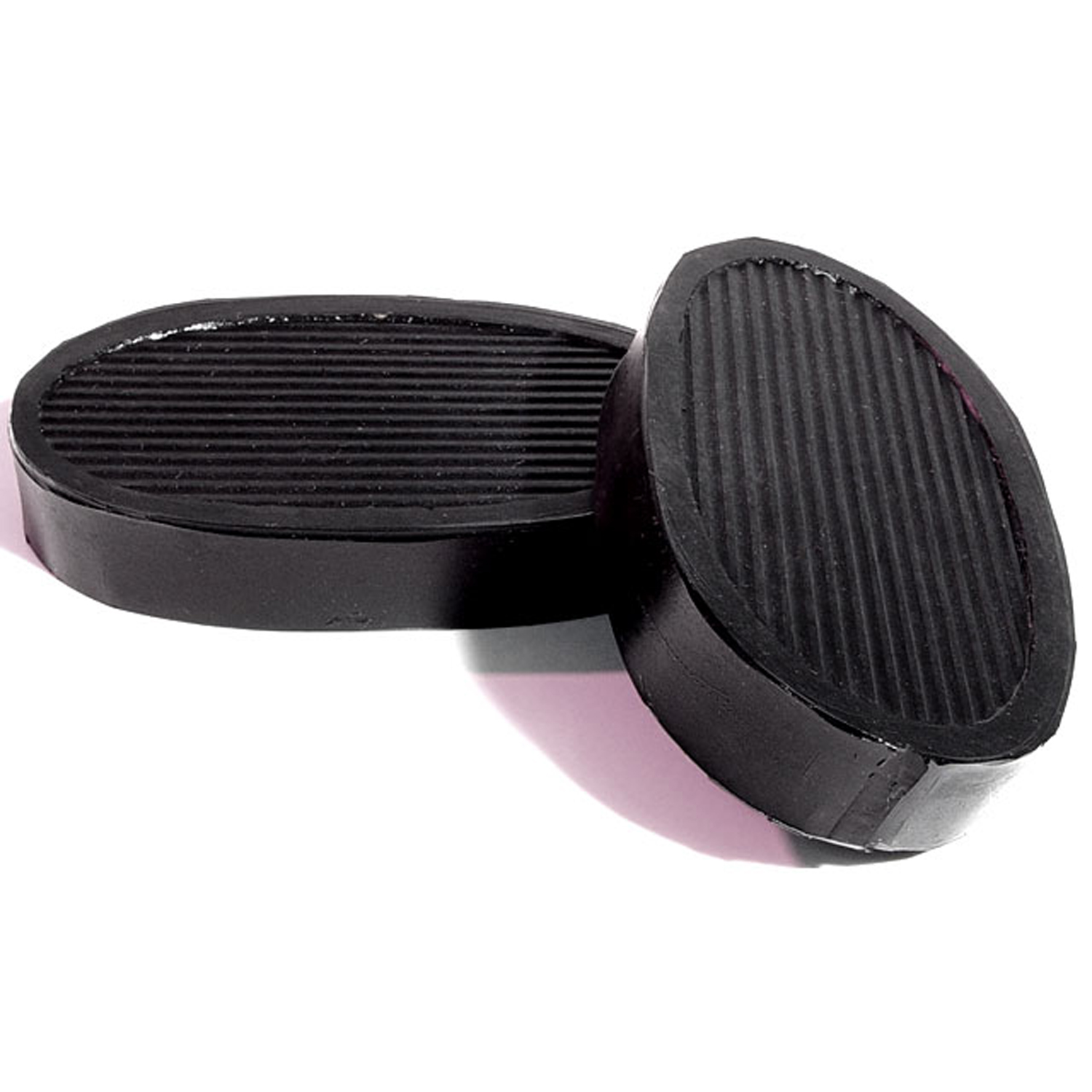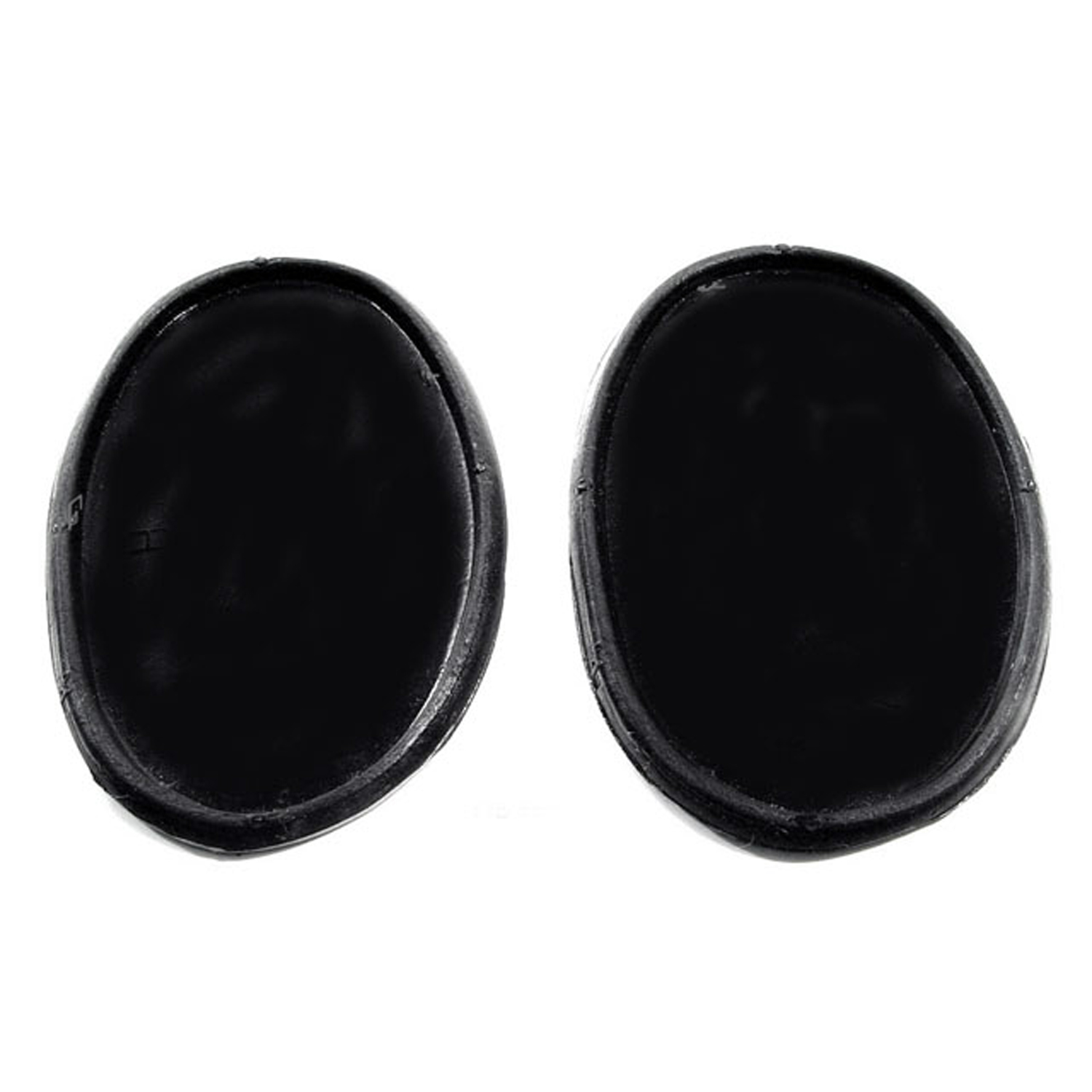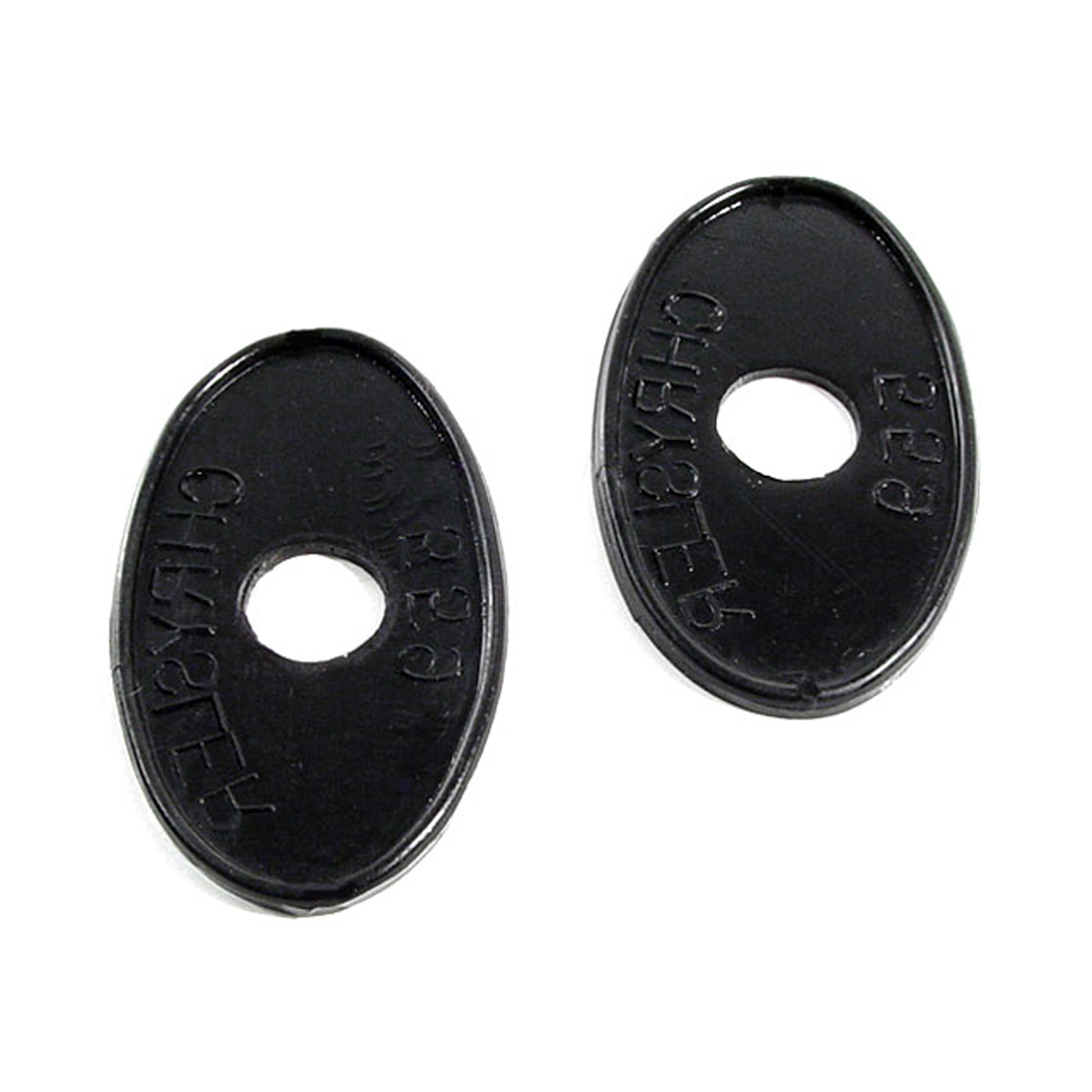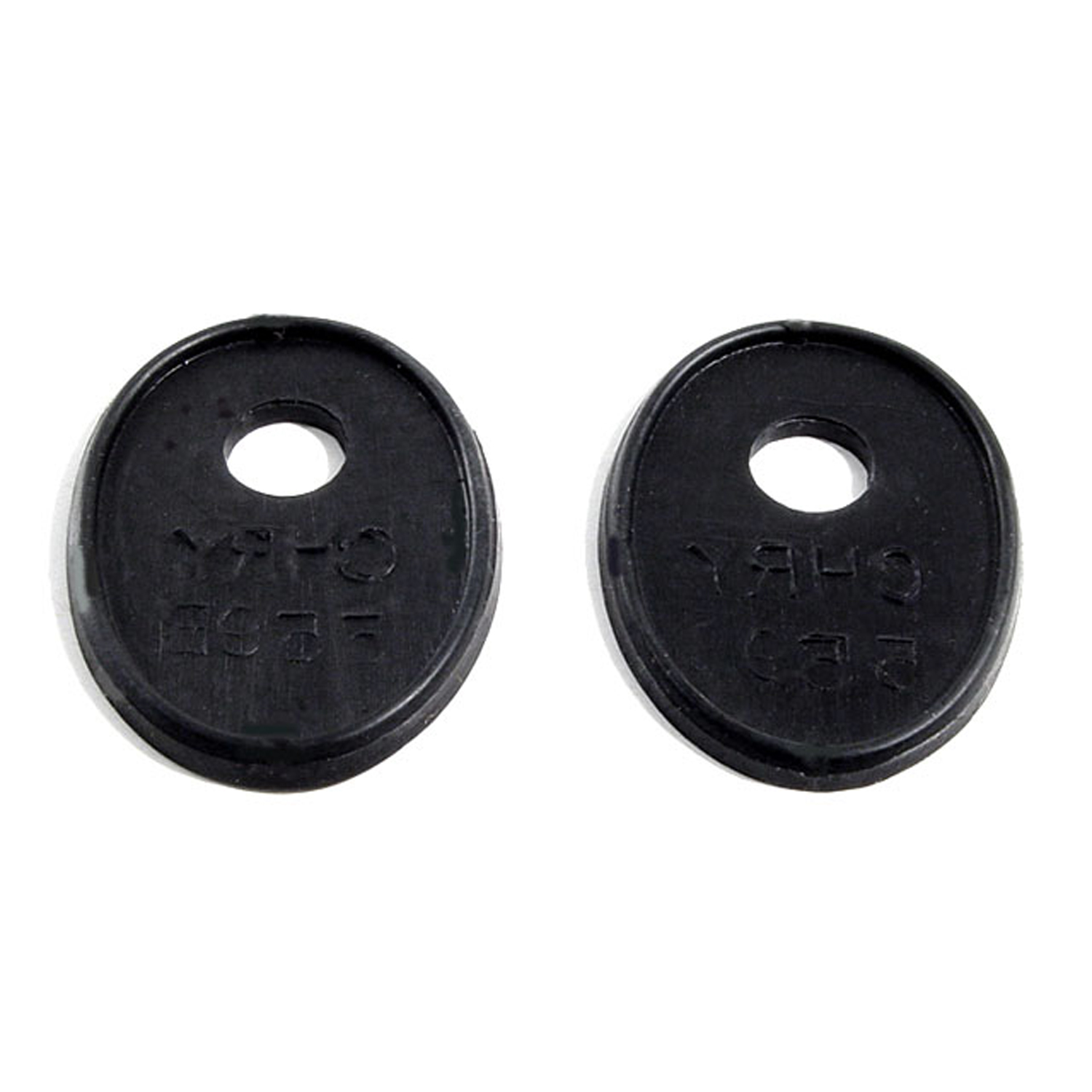Image of 1927 Chrysler Series I-50, Note: These illustrations use artistic license and may differ from actual historical models.
Performance Metrics
Fundamental Metrics
Emotional Appeal
MMP Rating
| Engine Specifications | |
|---|---|
| Engine: | Inline 4-cylinder |
| Displacement: | 180.2 cubic inches |
| Horsepower: | Estimated 38-50 HP |
| Torque: | Not available |
| Compression Ratio: | Not available |
| Ignition System: | Battery and coil |
| Cooling System: | Water-cooled |
| Performance Specifications | |
| 0-60 Time: | Not available |
| 1/4 Mile Time: | Not available |
| Top Speed: | 60 mph |
| Transmission and Drive | |
| Drive Type: | Rear-wheel drive |
| Transmission Type: | 3-speed manual |
| Fuel and Efficiency | |
| Fuel System Type: | Carburetor |
| MPG: | Not available |
| Dimensions and Brakes | |
| Brakes: | Mechanical drum brakes |
| Wheelbase: | 112 inches |
| Weight: | 2,665 lbs |
Note: Specifications for classic cars are given to the best of our ability, considering the limited and variant data available.
Introduction
Step back in time to an era when automobiles were transitioning from mere transportation to symbols of freedom and innovation. The 1927 Chrysler Series 70 was at the forefront of this transformation, representing a significant leap forward for the Chrysler Corporation. Established by Walter P. Chrysler in 1925, the company quickly became known for its engineering prowess and the Series 70 was no exception. This vehicle not only captured the spirit of the Roaring Twenties but also set new standards in automotive design and performance. A notable moment in its history was when it paced the 1927 Indianapolis 500, a testament to its prowess and reliability.
Design and Innovation
The Chrysler Series 70 boasted an exterior that exuded elegance and modernity. Its high beltline and subtly arched fenders gave it a poised stance, while the intricate grille and beaming headlamps suggested a blend of sophistication and approachability. Inside, passengers were treated to an array of quality materials, including plush fabrics and polished wood accents. The vehicle featured advanced technology for its time, such as hydraulic brakes—a rarity among cars in that era—and a robust electrical system.
Color options ranged from deep blues to rich maroons, with black remaining a popular choice for its timeless appeal. The Series 70 was available in various body styles, including roadsters, coupes, and sedans. However, the four-door sedan stood out as an iconic representation of family luxury travel during the period.
Historical Significance
The Chrysler Series 70's impact on automotive design cannot be overstated. It introduced features like four-wheel hydraulic brakes to a broader market, which greatly improved safety and driver confidence. This innovation set a new benchmark for other manufacturers to follow. The car's balanced weight distribution was another aspect that distinguished it from competitors, influencing future automotive engineering philosophies.
Performance and Handling
Under the hood lay a robust 3.3-liter six-cylinder engine that propelled the Series 70 to impressive speeds for its time. Although exact figures are elusive, it was renowned for its brisk acceleration and capable top speed. Handling-wise, drivers enjoyed a smooth ride thanks to well-tuned suspension that managed to absorb road imperfections with grace. Behind the wheel, one could hear the distinct purr of the engine—a sound that embodied mechanical reliability and power.
Ownership Experience
The Chrysler Series 70 served multiple roles ranging from a dependable daily driver to a statement piece at auto shows. Its maintenance was straightforward for mechanically inclined owners of the time, with Chrysler's widespread dealership network providing ample support. While reliability was one of its strong suits, it's important to remember that vehicles from this era require more attention than modern cars.
Fun Facts
A lesser-known fact about the Series 70 is that it was one of the first cars to feature an air filter on its carburetor—a small but significant step towards engine longevity. Although not known for breaking speed records, it held its own in terms of endurance and reliability runs. Criticisms were few but did include remarks about its conservative styling compared to some flashier contemporaries.
Collector's Information
Today, finding a 1927 Chrysler Series 70 can be quite challenging as production numbers were not as high as some mass-produced models of the era; estimates suggest several thousand units were made. In terms of value range, well-preserved or expertly restored examples can fetch anywhere from $25,000 to $60,000 depending on their condition and originality. The market has seen these vehicles appreciate over time due to their historical significance and relative scarcity.
Conclusion
The 1927 Chrysler Series 70 is more than just an antique; it's a rolling piece of history that encapsulates the ingenuity and optimism of its time. With its blend of style, innovation, and performance, this classic car remains a cherished treasure among collectors and enthusiasts alike—a testament to Walter P. Chrysler's vision and enduring legacy.
1927 Chrysler Series I-50 Catalog of Parts
 1927 Chrysler Series I-50 Clutch and Brake Pedal Pads. High-quality reproduction-CB 29Clutch and Brake Pedal Pads. High-quality reproduction. 2-3/8" wide X 4" long. Pair
1927 Chrysler Series I-50 Clutch and Brake Pedal Pads. High-quality reproduction-CB 29Clutch and Brake Pedal Pads. High-quality reproduction. 2-3/8" wide X 4" long. Pair 1927 Chrysler Series I-50 Headlight Pads. 2-3/8" wide X 3-3/4" long. Pair-MP 550Headlight Pads. 2-3/8" wide X 3-3/4" long. Pair
1927 Chrysler Series I-50 Headlight Pads. 2-3/8" wide X 3-3/4" long. Pair-MP 550Headlight Pads. 2-3/8" wide X 3-3/4" long. Pair 1927 Chrysler Series I-50 Door Handle Pads. 1-1/4" wide X 2-1/4" long. Pair-MP 559Door Handle Pads. 1-1/4" wide X 2-1/4" long. Pair
1927 Chrysler Series I-50 Door Handle Pads. 1-1/4" wide X 2-1/4" long. Pair-MP 559Door Handle Pads. 1-1/4" wide X 2-1/4" long. Pair 1927 Chrysler Series I-50 Headlight Bar Pads. 1-3/8" wide X 1-7/8" long. Pair-MP 559-BHeadlight Bar Pads. 1-3/8" wide X 1-7/8" long. Pair
1927 Chrysler Series I-50 Headlight Bar Pads. 1-3/8" wide X 1-7/8" long. Pair-MP 559-BHeadlight Bar Pads. 1-3/8" wide X 1-7/8" long. PairWhy Choose Metro?
For over 100 years, Metro Moulded Parts has been the pinnacle of quality in classic car restoration parts. Our commitment to precision and authenticity in every component ensures a perfect fit and an OEM-level appearance.
- Expert Craftsmanship & Quality: Each part is a testament to our dedication to reliability and perfection, crafted from original designs and thoroughly tested.
- Advanced Technology: We use cutting-edge techniques to create flawless, long-lasting parts that surpass others in performance.
- SuperSoft Sponge – The Ultimate Door Seal: Not only are our door seals 30% softer than competitors', but they're also guaranteed to never leak. They effectively reduce wind and road noise, enhancing your classic car's comfort and driving experience.
- Proudly American: Our parts are a product of American craftsmanship, made in the USA with a spirit of excellence and heritage.
- Unrivaled Warranty: We back our products with a 30-year industry-leading warranty, a testament to our confidence in their quality.
Join us in preserving the legacy of classic cars with parts that are crafted for perfection, not just made.

